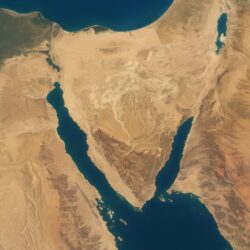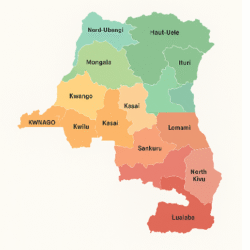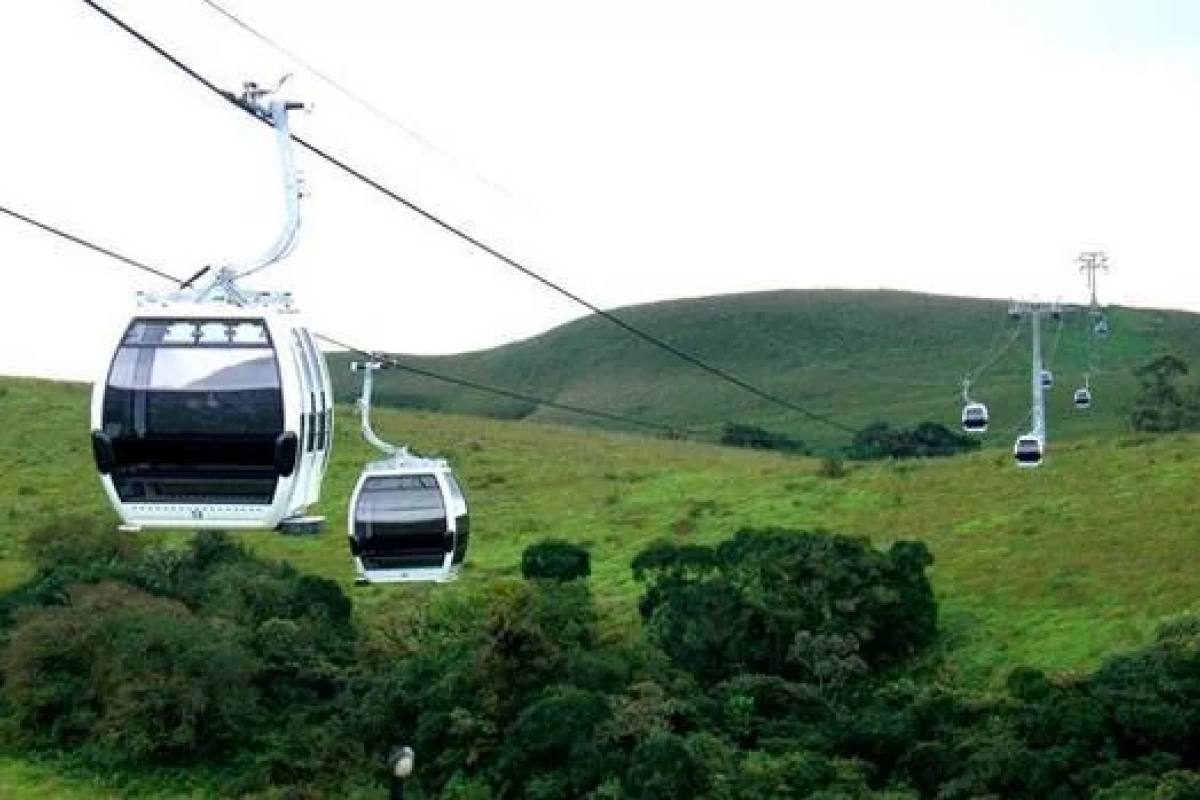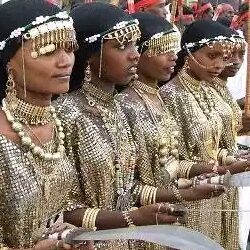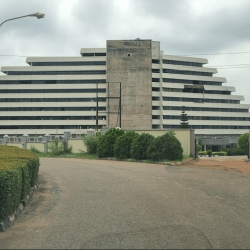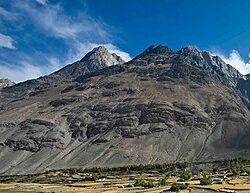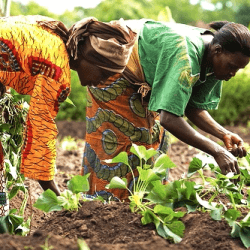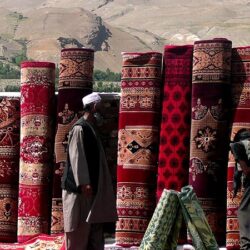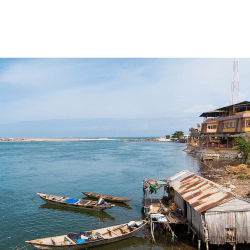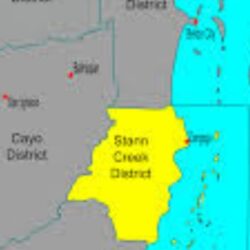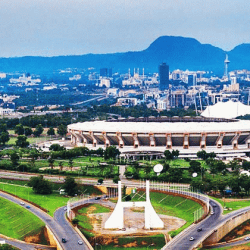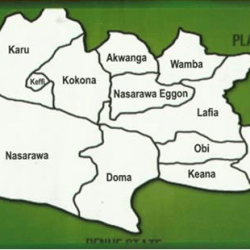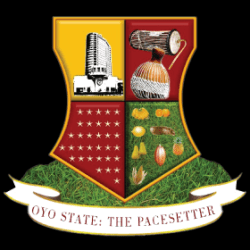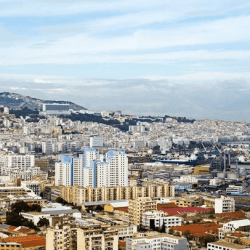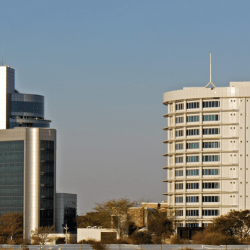Borno is a notable state in northeastern Nigeria, known for its diverse landscape, significant agricultural activities, and strategic geographic positioning. With Maiduguri as its capital and primary urban and industrial center, Borno is not only an important economic hub but also a key player in regional commerce and cross-border interactions with neighboring countries Chad, Niger, and Cameroon.
Situated in the northeastern region of Nigeria, Borno occupies a strategic position in West Africa with its borders touching three neighboring countries: Chad, Niger, and Cameroon. Borno is predominantly covered in savanna vegetation, reflecting both the Sudan and Sahel ecosystems. This variety in vegetation supports Borno’s primary economic activity—agriculture—and creates a complex but rich environment for trade, commerce, and natural resource management.



1. Introduction to Borno State
Borno’s significance in Nigeria stems from its location, cultural heritage, and robust economy based on agriculture and trade. The state capital, Maiduguri, has grown into an industrial and commercial hub with a population exceeding four million as of the 2006 census.
2. Geography and Topography
Borno’s landscape includes the expansive Bornu Plains, the volcanic Biu Plateau, and fertile regions with seasonal rivers. In the southwestern area, the black cotton soil of the firki swamps supports unique agricultural practices, while the far south is drained by the Gongola River.
3. Location and Boundaries
Borno is bounded by the Nigerian states of Yobe, Gombe, and Adamawa, while internationally, it borders Cameroon, Niger, and Chad. This strategic position facilitates cross-border trade but also introduces challenges related to security and migration.
4. Climate and Vegetation
Borno’s climate is characterized by a mix of semi-arid and savanna zones, supporting vegetation such as acacia, baobab, locust bean, and kapok trees. The state’s Sahel savanna region includes thorny shrubs and sandy soils typical of arid environments.
5. Important Cities and Towns
Maiduguri, Borno’s largest city, hosts an airport and major roads and railways connecting it to other parts of Nigeria and neighboring countries. Biu and Bama serve as significant market towns, contributing to the state’s trade and economic activities.
6. Historical Background
The creation of Borno State in 1976 from the larger North-Eastern State marked a major administrative change, followed by the formation of Yobe State in 1991, which reduced Borno’s territory.
7. Population Demographics
With a population of over 4 million as of 2006, Borno’s demographic trends highlight a mix of urban and rural communities. The population density varies widely, with Maiduguri being the most populous and rapidly growing urban center.
8. Cultural Heritage and Ethnic Groups
Borno is culturally rich, with numerous ethnic groups including the Kanuri, Shuwa Arabs, and Bura. Traditional crafts, music, dance, and festivals remain integral to local identity and social life.
9. Economic Activities and Agriculture
Agriculture is the cornerstone of Borno’s economy. Key crops include millet, sorghum, and groundnuts, while cattle herding and fishing around Lake Chad contribute significantly to local livelihoods.
10. Borno’s Role in Trade
Due to its international borders, Borno is a crucial trade hub within the region. Goods move freely across the borders with Chad, Cameroon, and Niger, enabling a robust market economy.
11. Natural Resources and Industries
The state’s resources include gum arabic from acacia trees, Shea butter, and fish from Lake Chad. These industries offer employment and economic sustenance for many communities.
12. Infrastructure and Transportation
Borno is well-connected by trunk roads leading to Potiskum, Bauchi, Yola, and the capital of Chad, Ndjamena. Railways and Maiduguri’s airport support trade and transportation, though these facilities require modernization.
13. Lake Chad and Environmental Challenges
Lake Chad is essential for agriculture, livestock, and fisheries. However, decreasing water levels and desertification pose significant threats, and efforts by the Chad Basin Authority aim to mitigate these issues.
14. Education and Health Facilities
Educational and health infrastructure in Borno faces challenges due to underfunding and conflict, though efforts are ongoing to improve schools, hospitals, and access to basic services.
15. Security and Development Challenges
Insurgency and regional instability have impacted Borno’s development, making security a top priority for both the government and international partners.
16. The Role of the Lake Chad Commission
Established in 1964, the Lake Chad Commission regulates water use and promotes regional cooperation among Nigeria, Chad, Cameroon, and Niger.
17. Future Outlook and Development Plans
Despite its challenges, Borno holds considerable potential for agricultural development, trade, and infrastructure improvement. Development plans focus on expanding access to resources, boosting agricultural productivity, and enhancing trade partnerships with neighboring countries.
1. What is the main economic activity in Borno State?
Agriculture is the primary economic activity, with major crops like millet, sorghum, and groundnuts, and cattle herding as a significant occupation.
2. Which countries border Borno State?
Borno shares borders with Chad, Niger, and Cameroon, making it Nigeria’s only state bordering three foreign countries.
3. Why is Maiduguri significant?
Maiduguri, the capital, is the largest city in Borno and serves as the state’s main industrial and commercial hub.
4. What are the main environmental issues facing Borno?
Desertification and the shrinking of Lake Chad are major environmental concerns impacting agriculture and water resources.
5. What types of vegetation are found in Borno?
Borno’s vegetation includes Sudan savanna with acacia, baobab, and Shea butter trees, and Sahel savanna with thorny shrubs.
6. How is Borno connected to Lake Chad?
A road from Maiduguri to Baga connects Borno to Lake Chad, facilitating trade and access to the lake’s resources.
